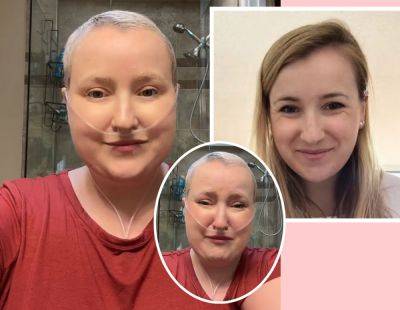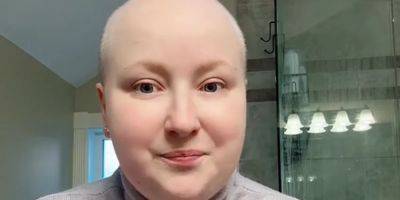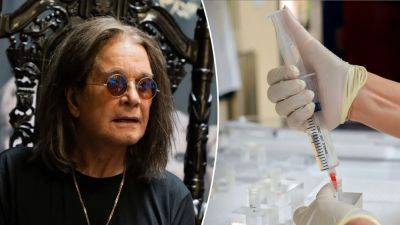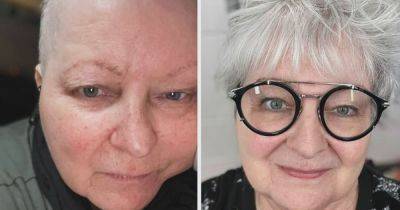Jeremy Kyle fraudster who claimed £500k in insurance scam caught after running on TV show
A fraudster who claimed £500k in an insurance scam by saying "she couldn't walk" after an accident was caught after she was seen running during an appearance on ITV show Jeremy Kyle.Patricia Rogers made the claim against NFU Mutual after an incident with a vehicle driven by a policyholder in 2014, which she claimed caused a back condition that left her unable to walk without a stick or crutches.The 25-year-old from Barnsley was then on the popular ITV show in 2017 and 2018, where she was able to walk, stand, and run across the stage without her aids which led to her lies being uncovered.Following the investigation by City of London Police’s Insurance Fraud Enforcement Department (IFED) Rogers pleaded guilty to fraud by false representation at Sheffield Crown Court on February 2 2024.
On April 9 she was caged at the same court for 12 months, given a suspended sentence for 18 months, and told she must pay £500 in compensation, reports My London.IFED Detective Constable Carley Parodi said: “Rogers took advantage of a genuine car accident and, for almost a decade, kept up the pretence that it had a substantial effect on her life."There was a huge difference between Rogers’ ability to carry out her day-to-day activities in the surveillance footage and the serious impact of the accident as she described during her medical appointments."It was astounding that she told medical professionals she could not walk unaided, but then appeared on national television doing just that.
Rogers thought she could convince medical professionals and the insurer by going to her medical appointments with a walking stick."The sentence handed down to her should serve as a reminder that, however clever you think you are, committing insurance fraud
Read more on dailyrecord.co.uk




















































